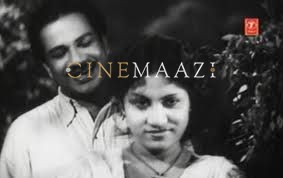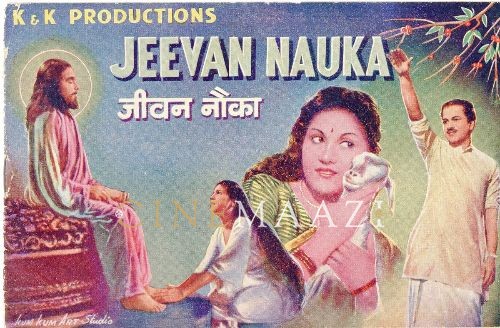This section is for paid subscribers only. Our subscription is only $3700/- for one full year.
You get unlimited access to all paid section and features on the website with this subscription.
Subscribe to read full article
This section is for paid subscribers only. Our subscription is only $37/- for one full year.
You get unlimited access to all paid section and features on the website with this subscription.
Not ready for a full subscription?
You can access this article for $2, and have it saved to your account for one year.
- Release Date15/03/1951
- GenreDrama
- FormatB-W
- LanguageMalayalam
- Run Time170 min
Lakshmi is the daughter of a poor village craftsman, in love with her childhood sweetheart Soman. Soman is from a higher caste and class. His brother Raju is manager to the local landlord. Raju’s wife Janu is upset when she comes to know of Lakshmi and Soman’s love since she has plans to marry him off to a wealthy girl and usurp her wealth. Despite her opposition, Lakshmi and Soman are married.
Janu abuses them constantly and taunts Soman for being unemployed. They shift to Lakshmi’s hut, where they struggle to find daily sustenance. Soman goes to the city to look for a job. He meets with an accident and is taken in by the car owner. He nurses Soman back to health and offers him a post as his estate manager.
Meanwhile, Lakshmi is driven to utter poverty. When she goes to the landlord seeking help, he attempts to seduce her, and her hut is set on fire by his goons. Destitute, she reaches the city. Seeing Soman living a comfortable life surrounded by other women, she thinks of committing suicide. Eventually she starts a Beggars’ Home, and joins a drama troupe to help sustain it. Seeing her in a play, Soman rushes home. Meanwhile, his brother is apprehended in an act of financial misappropriation, and Soman saves him. Janu is impoverished, and finds herself at Lakshmi’s Home, where Lakshmi welcomes her. The film ends with the family being reunited.
Jeevithanouka touched a chord in the viewers’ hearts, and became immensely popular. The film ran for 284 days continuously. It was simultaneously shot in Tamil and Telugu, and later dubbed in Hindi as well. The film featured Sebastian Bhagavathar, one of the last great actor-singers from the stage, along with future stars Nair, Pankajavalli and the composer Dakshinamurthy.

Cast
Crew
-
BannerUdaya Studio
-
Director
-
Producer
-
Music Director
-
Dialogues
-
Cinematography
-
Editing
-
Writer








.jpg)



